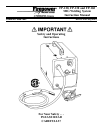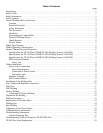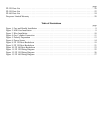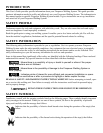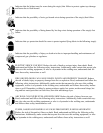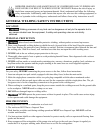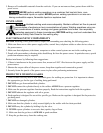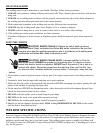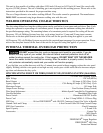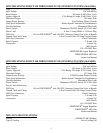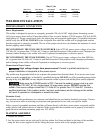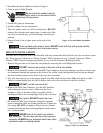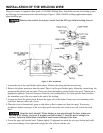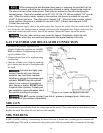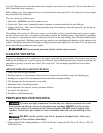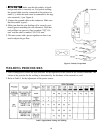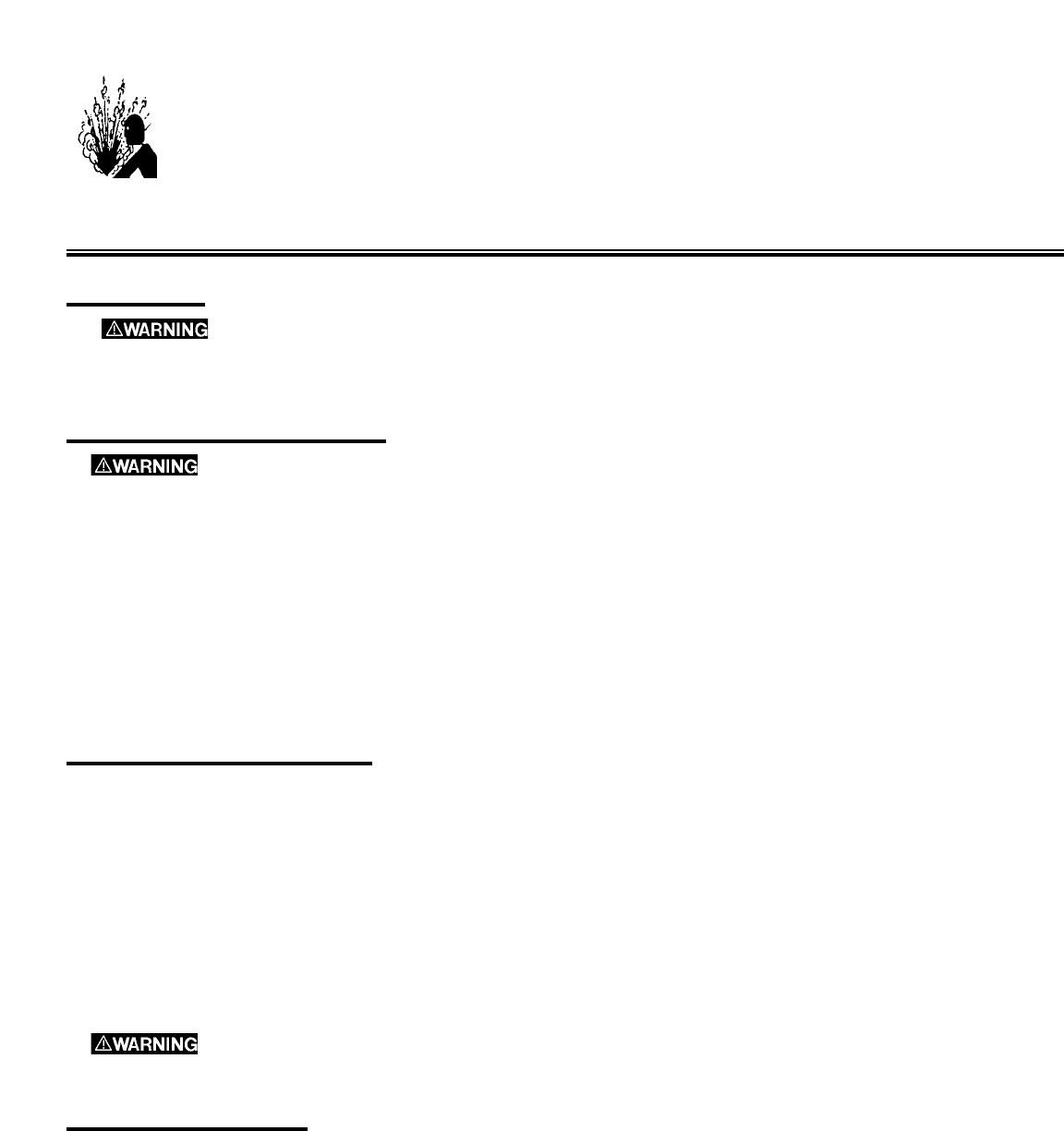
IMPROPER HANDLING AND MAINTENANCE OF COMPRESSED GAS CYLINDERS AND
REGULATORS CAN RESULT IN SERIOUS INJURY OR DEATH! Reduce the risk of injury or
death from compressed gasses and equipment hazards. Read, understand and follow the following
safety instructions. Additionally, make certain that anyone else who uses this welding equipment, or
who is a bystander in the welding area, understands and follows these safety instructions as well.
GENERAL WELDING SAFETY INSTRUCTIONS
LOCATION
Welding processes of any kind can be dangerous not only to the operator but to
any person situated near the equipment, if safety and operating rules are not strictly
observed.
PERSONAL PROTECTION
1. Wear closed, non-flammable protective clothing, without pockets or turned up trousers.
2. Wear a non-flammable welding helmet to shield the neck, face and sides of the head. Keep the protective
lens clean. Replace the protective lens if broken or cracked. Position a transparent glass between the lens and
the welding area. Weld in a closed, well ventilated area that does not open into other working areas.
3. NEVER look at the arc without proper protection to the eyes.
4. Thoroughly clean metal of rust or paint to avoid producing harmful fumes. Parts degreased with a solvent
must dry before welding.
5. NEVER weld on metals or coated metals containing zinc, mercury, chromium, graphite, lead, cadmium or
beryllium unless the operator and the people standing in the same area use an air-supplied respirator.
SAFETY INSTRUCTIONS
For your safety, BEFORE connecting the power source to the line, follow these instructions:
1. Insert an adequate two-pole switch, equipped with time-delay fuses, before the main outlet.
2. Make the single-phase connection with a two-pole plug compatible with the above mentioned socket.
3. The two wires of the two-pole input cable are used for the connection with the single-phase line. The yel-
low/green wire is for the compulsory connection to the ground in the welding area.
4. When working in a confined space, keep the power source outside the welding area and fix the ground cable
to the workpiece. NEVER work in a damp or wet area.
5. DO NOT use damaged input or welding cables.
6. NEVER operate the power source without its panels in place. This could cause serious injury
to the operator and could damage the equipment.
FIRE PREVENTION
Welding operations use fire or combustion as a basic tool.
1. The work area MUST have a fireproof floor.
2. Work benches or tables used during welding operations MUST have fireproof tops. DO NOT weld on
wooden work benches.
3. Use heat-resistant shields or other approved material to protect nearby walls or unprotected flooring from
sparks and hot metal.
4. Keep an approved fire extinguisher of the proper size and type in the work area. Inspect it regularly to
ensure that it is in proper working order. Know how to use the fire extinguisher.
3



